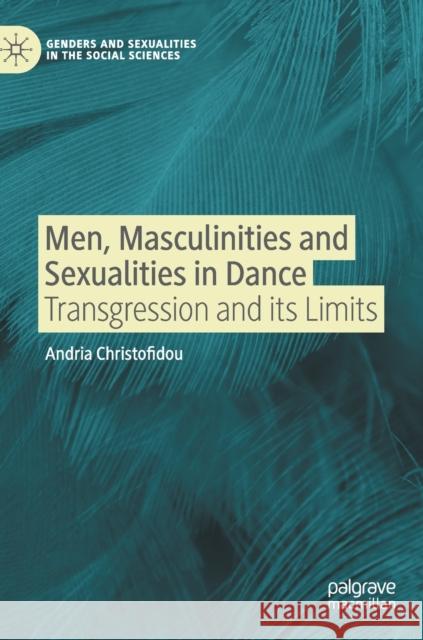Men, Masculinities and Sexualities in Dance: Transgression and Its Limits » książka
topmenu
Men, Masculinities and Sexualities in Dance: Transgression and Its Limits
ISBN-13: 9783030772178 / Angielski / Twarda / 2021 / 186 str.
Kategorie:
Kategorie BISAC:
Wydawca:
Palgrave MacMillan
Seria wydawnicza:
Język:
Angielski
ISBN-13:
9783030772178
Rok wydania:
2021
Wydanie:
2021
Numer serii:
000408199
Ilość stron:
186
Waga:
0.39 kg
Wymiary:
21.01 x 14.81 x 1.27
Oprawa:
Twarda
Wolumenów:
01
Dodatkowe informacje:
Wydanie ilustrowane











